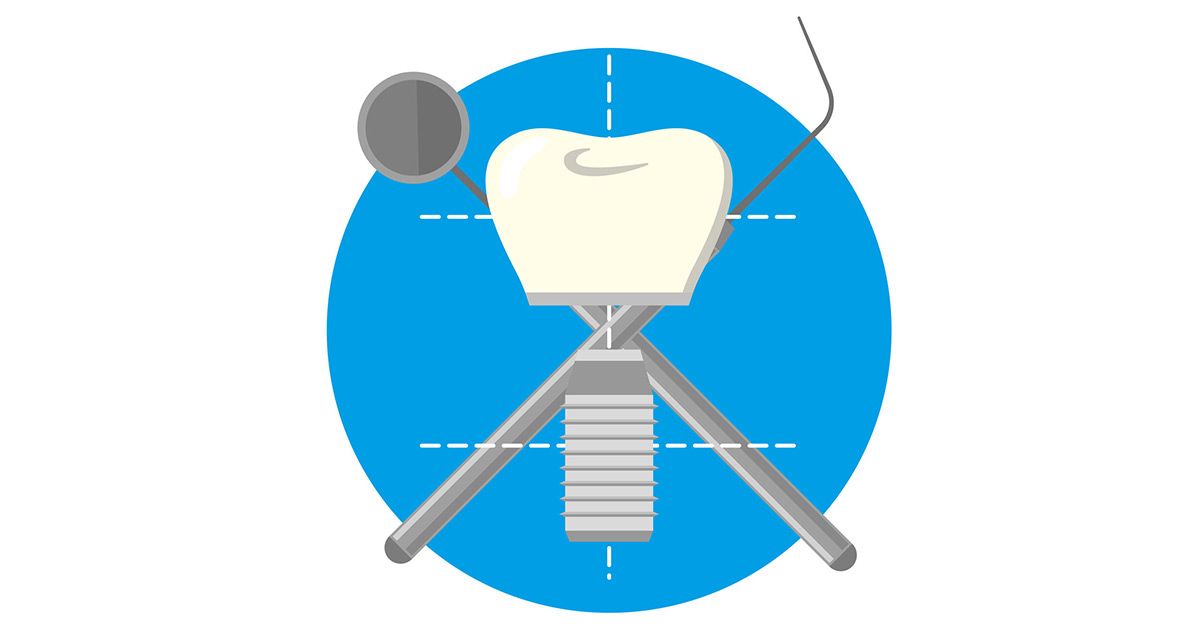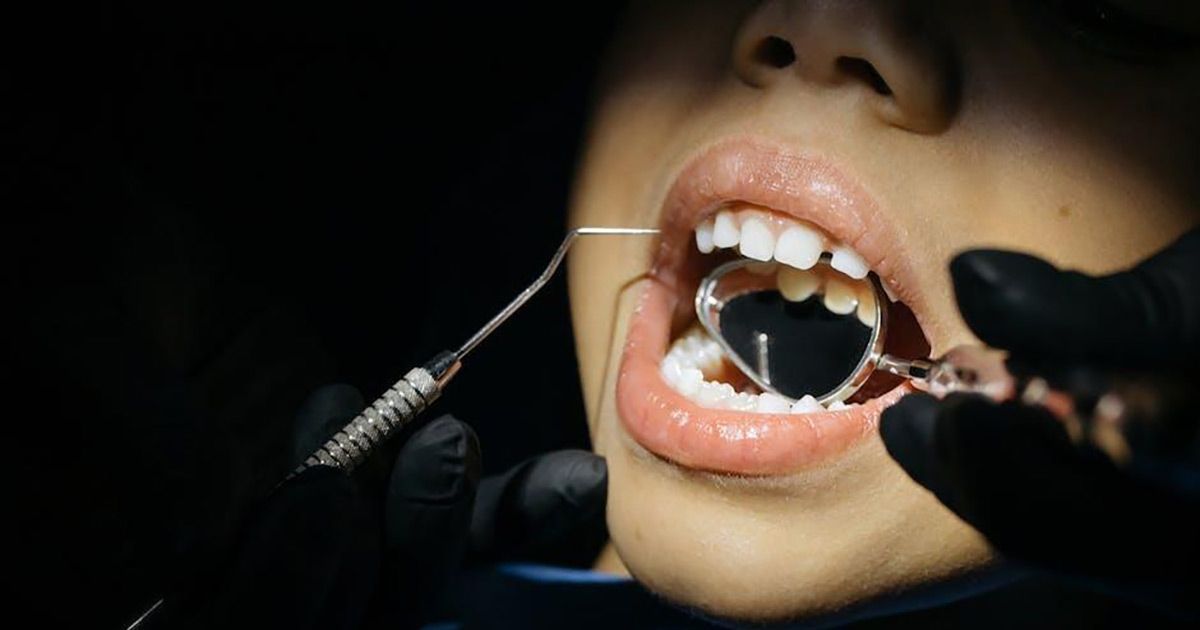An Overview of the Crowns and Bridges Procedure
Are you booked for a dental crown or bridge procedure with a dentist in Hampton, VA? Read and learn what to expect from a crowns and bridges procedure.
Dental care is important, not just for your teeth and gums but for overall health as well. Many conditions, including cardiovascular disease, can be linked to poor dental health.
Dental crowns and bridges are two very common types of restoration used to repair or replace damaged or missing teeth. They are an effective and long-term solution for myriad dental problems.
If you are curious about crowns and bridges, and the benefits they afford, keep reading. This article covers the basics of each procedure, so you can decide if one is right for you.
How Do Crowns and Bridges Work?
Approximately 3 million people in the United States have some form of dental implant. That number continues to grow by about 500,000 every year.
Crowns and bridges are types of dental implants designed to cover damaged or decaying teeth or replace missing ones. They help restore the function of teeth and protect them from further deterioration.
A dental crown is a cap that fits over a single decayed or damaged tooth. It protects the tooth and restores its shape, strength, and function.
This makes crowns suitable for teeth that are still intact but fragile and in danger of breaking. They are ideal for undersized or badly eroded teeth. Crowns are also useful for covering teeth with old or outdated dental fillings as well.
Dental bridges are designed solely to replace missing teeth. They do so by attaching teeth replicas, or "bridges," to adjacent teeth, known as "abutments." Abutments are fitted with dental crowns that attach to the bridge.
Note that there must be at least one tooth on each side of the gap to keep the bridge in place. Although, bridges can use more than two abutments if those teeth are in poor condition.
What Are Crowns and Bridges Made Of?
There are different types of crowns and bridges. Common ones include metal, porcelain, resin, ceramic, or some combination of these materials. There are advantages to each.
Metal crowns and bridges, for instance, are very strong and rarely chip or break, but have a metallic color. For this reason, they are usually reserved for out-of-sight molars.
Porcelain and ceramic crowns can best match the color of your teeth, but they can more easily chip or break off. Porcelain caps are often combined with metal to marry strength with a tooth-like aesthetic. Resin crowns are very inexpensive but can wear down over time.
What Are the Benefits of Bridges and Crowns?
Damaged or decayed teeth can be quite painful, as can missing teeth. Crowns and bridges will reduce pain but can yield many other benefits as well.
Restoring teeth or filling in missing ones can go a long way to impacting how you chew food. This can correct pronunciation or other speech problems.
Bridges and crowns also can go a long way to improving all your teeth, since missing or damaged teeth lead you to place undue strain on other teeth. Crowns and bridges ease this uneven distribution of biting force.
Bite problems can extend beyond your teeth and gums. Issues with chewing can lead to jaw alignment issues and even affect the shape of your face. Fixing your bite can correct such issues or keep them from happening in the first place.
Finally, crowns and bridges restore your smile. This can translate to better self-confidence.
What Does the Implant Process Entail?
Most crowns can be done in two office visits. After an assessment, the dentist will file down the teeth to remove the outer layer.
They will then take a mold of the tooth and the surrounding teeth, which they use to create the crown.
Some dental offices can create crowns onsite, while others use external labs. Either way, once the crown is available, the dentist will cement it into place and discuss with you the requisite care.
Bridges involve similar procedures, including recontouring abutment teeth and taking an impression. The dentist may also outfit you with a temporary bridge while the permanent one is being made.
Once the bridge is put in place, the dentist may have you return after a few weeks to check the fit or for any other issues. At this point, they will permanently cement the bridge in place.
How Long Do Crowns and Bridges Last?
In general, crowns and bridges are long-term solutions for damaged or missing teeth. However, their longevity generally depends on the materials from which they are made.
Another factor that impacts the life of crowns and bridges is how well (or poorly) you take care of them. It is important not to use these teeth to open packages or for chewing ice. If you have recurring problems, like nighttime teeth grinding, discuss these with your dentist as well.
How Much Do Crowns and Bridges Cost?
The cost of crowns can vary. In general, you can expect to pay between $800 and $1,300 per crown, the biggest factor impacting cost being the material used in the type of crown you get.
Since dental bridges comprise two crowns plus a bridge, they usually cost a bit more. They start around $1,500 and go up depending on the condition of your existing teeth and the type of bridge you get.
Dental insurance plans vary on implant coverage. Discuss your policy with your dentist, who should be able to give you an estimated out–of–pocket cost before moving forward with any procedures.
Find Dental Implant Specialists Near You
Now that you understand how crowns and bridges work and the advantages they offer, you are ready to schedule an appointment. These procedures can improve your smile as well as your dental and overall health.
Dr. Barry LeJeune has more than 26 years of experience as a dentist in Hampton, VA. He and our staff of trained hygienists can help determine the best solutions for your dental health.
Reach out to us today to learn more about crowns and bridges, or other services.
Make an Appointment
Call today to schedule an appointment at (757) 827-9114.
Our Primary Service Area
All Rights Reserved | LeJeune Family Dentistry.
Website designed and maintained by Xpress, INC
757-863-8722










